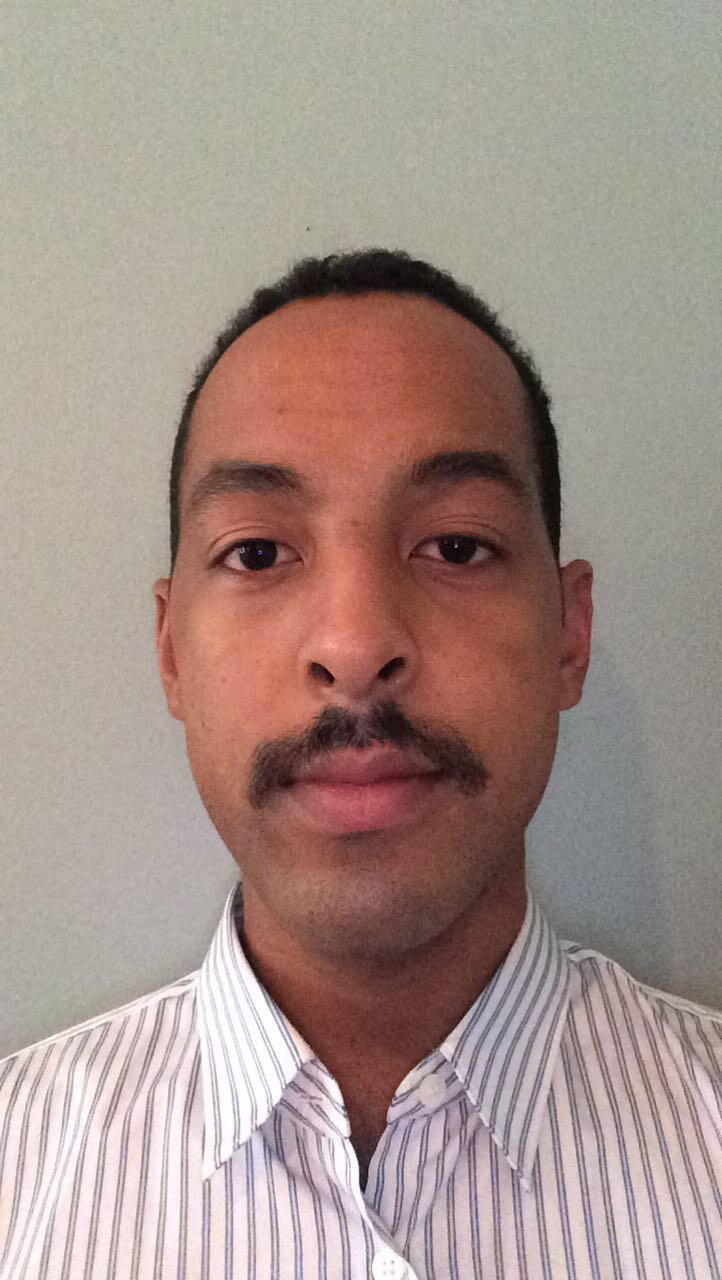
Michael Lyn, a junior majoring in Biology and minoring in French, was one of only two students in the humanities to win a Provost’s Undergraduate Research Scholarship in 2017. Awarding 20 laureates per year the sum of $1,000, the scholarship makes it possible for undergraduates to pursue independent research under the guidance of a professor.
Lyn worked with Dr. Julie Tolliver, assistant professor of French in the department of Modern and Classical Languages, on a project titled “Intralingual Translation and the Politics of Francophone Publication in the Novels of [Haitian-Québécois author] Dany Laferrière.”
Lyn explains, “when texts are translated, they are both domesticated (changed so that they may be more easily understood for the target audience), as well as foreignized (left somewhat vague, so that the text retains some of its ‘otherness,’ in the belief that readers must be exposed to difference). While a fair amount of domestication is to be expected in an interlingual translation, there is a surprising amount done intralingually in the case of the Laferrière novels.”
After completing a semester of research comparing Québec and French editions of two Laferrière novels and classifying and interpreting differences between them, Lyn found that “France has a lot of power in terms of publishing. If it chooses to ‘take in’ a writer from elsewhere, it takes care of him absolutely; it’s like the French publisher is saying, ‘yeah, the Québec edition doesn’t matter, we’ll just take it from here.’”
This can work in one of two ways, as Lyn observed: either the French edition is excellent and allows Laferrière to add new material, sometimes entire chapters, or else it works from the Québec edition but with a disregard that causes misreadings and “mistranslations” of cultural references.
In reflecting on his experience, Lyn writes, “I think that the most valuable piece of this experience was the ability to use methods of research that I had learned in my major (Biology) and apply them towards a completely different field of academia. […] Working with Dr. Tolliver helped me gain confidence in myself to develop my own theories about a particular subject—whether it is a topic in the field of linguistics, or in genetics.”